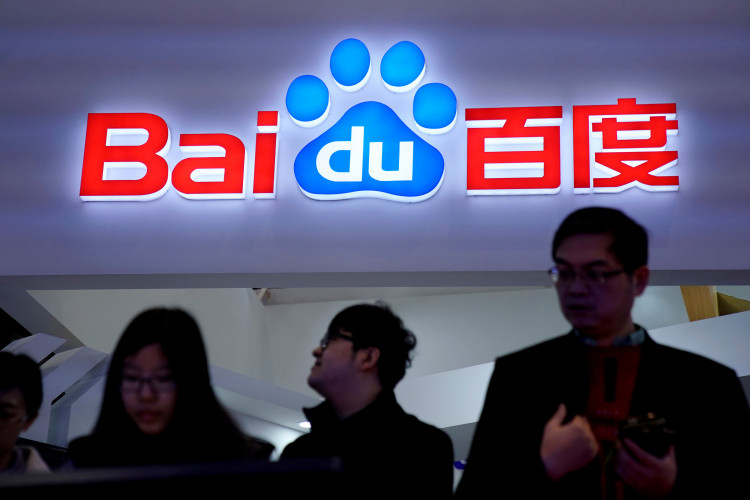Baidu has restructured the medical ads segment in its search engine business in a bid to redeem Chinese user confidence in the company. The new partnerships with medical experts are outside the bounds of the search giant's placement service.
In a statement to Caixin Global, a Baidu representative said the move was made to "improve the credibility of its search results to attract more users." It is worth noting that the company drew ire twice for medical searches that came out with unfavorable results.
As part of the healthcare search revamp, the Chinese firm signed deals with reliable third-party providers so it can release content related to disease symptoms and explanations about various conditions.
With the overhauled medical content system, industry analysts are expecting to see improved and more diversified medical articles and content from the search engine.
Baidu has been working to recover from the 2016 scandal that saw a college student's passing after the search engine provided results to fake cancer treatment. The firm received widespread backlash after news of the student's death emerged.
In response to the rage from netizens and the Chinese market, Baidu moved to revamp its medical advertising segments. It has since removed multiple advertisers in healthcare that indicated illegal licenses and questionable backgrounds.
When the company released its first quarter 2019 results, some analysts said they were expecting to be disappointed. Baidu posted its first massive loss since filing for an IPO almost 19 years ago.
Company stocks saw a significant decline after the mid-May posting of its Q1 earnings and losses. Many industry analysts also lowered their expectations of the company that's been known to bounce back following beatings.
However, the latest developments in Baidu's search engine arm has led some experts to believe that it can pick up from where it left before the healthcare-related issues came through.
Aside from reworking its healthcare content, the company is also hard at work with Apollo, its autonomous driving platform and its popular voice assistant, DuerOS. It has been working to help the Chinese government in its goal of transforming China into a leader in intelligent vehicle technology within 15 years.
According to Tech Node, Baidu has already installed DuerOS on over 300 car models across China. As part of its effort in building activity in China's Internet of Vehicle (IoV) circle, the company plans to install an additional 200 assistants within the next two years.
So far, Great Wall Motors, Chery, Mercedes, and BMW, are the auto brands that Baidu partnered with for its DuerOS installation project. It is faced with rival assistants from Alibaba and Tencent.






